Tuesday Feb 17, 2026
Tuesday Feb 17, 2026
Monday, 9 May 2016 00:00 - - {{hitsCtrl.values.hits}}
Development Strategies and International Trade Minister Malik Samarawickrama last week outlined definitive plans by the new Government to make Sri Lanka competitive to boost exports to create higher paying jobs.
At the ceremony to announce Sri Lanka’s hosting of the World Export Development Forum 2016 in October, the Minister also traced a host of factors which impacted the country’s export performance in the past and emphasised remedial measures were well underway.
Executive Director of Geneva’s International Trade Centre Arancha Gonzalez, Industry and Commerce Minister Rishad Barthidueen, and the State Minister of Development Strategies and International Trade Sujeewa Senasinghe were also present at the launch along with business leaders and diplomats. Following are excerpts from Minister Malik
Samarawickrama’s speech.
We are also grateful to Madam Gonzalez and her team at the ITC for choosing Sri Lanka as the venue for this year’s World Export Development Forum.
This is encouraging as we see it as a recognition of the efforts we are making to improve the business climate; increase the outward orientation of our policy framework; and strengthen the country’s export base.
Some of the themes to be covered by the agenda, including the mega inter-regional trade deals such as TPP and TTIP; strengthening trade facilitation to promote regional integration; the potential for boosting both trade and SME competitiveness through digitalisation; harmonising standards to globalise markets; and assisting young entrepreneurs to commercialise their ideas are very topical and relevant in today’s global trading environment.
Achieving success in external trade through connectivity, competition and change, the overall theme of the Forum, is more important now than at any time in Sri Lanka’s post – independence history. Today, we have to be competitive enough to pay our own way as a country. As a lower-middle – income country, we no longer have access to highly concessional foreign aid as we have done in the past. We have to be competitive and ‘export or perish’ as then President Jayewardene said almost 40-years ago.
Our goals in relation to growth, employment and incomes cannot be achieved without significantly improving our export performance.
Sri Lanka’s exports of goods and services amounted to about $17 billion in 2015. This is less than 20% of GDP. In countries like Malaysia, Thailand and Vietnam exports exceed 70% of GDP. Our share of global exports has also been declining.
Sri Lanka and Vietnam recorded a similar value of exports at the turn of this century. Vietnam’s exports last year amounted to $162 billion against our $17 billion.
In 1980, the composition of the exports of both Sri Lanka and Thailand were similar, today. Thailand has a far more diversified export structure, including a thriving automotive components sector as well as world class agriculture and agro industries.
Causal factors
There have been a number of causal factors for Sri Lanka’s poor export performance. These include the following:
The 30-year conflict affected the overall investment climate. Businessmen were risk averse and operated with a very short time horizon. This was hardly a conducive environment for export growth, which requires capital, technology, know-how, innovation, infrastructure, human resources and market access.
 Development Strategies and International Trade Minister Malik Samarawickrama
Development Strategies and International Trade Minister Malik Samarawickrama
After the war ended, the country had a set of policies with a strong anti-export bias. The combination of an overvalued real effective exchange rate and a series of para tariffs were the main elements of the anti-export bias in the policy framework. As a result, the economy has become as closed as it was in 1970, according to a recent World Bank study.
We are now in the process of reversing the legacy of a policy framework which disproportionately favoured producing for our small domestic market, as against selling to regional and global market places. We have clearly had a deeply misguided set of policies when one considers that Sri Lanka’s domestic market amounts to only 21 million people.
Our government’s priority now is to build a framework which accelerates growth for a decade or more and creates higher value employment through invigorating our export performance.
It has been demonstrated again and again, particularly in Asia, that boosting exports is the means through which sustained growth and high employment generation can be achieved.
Framework for faster export growth
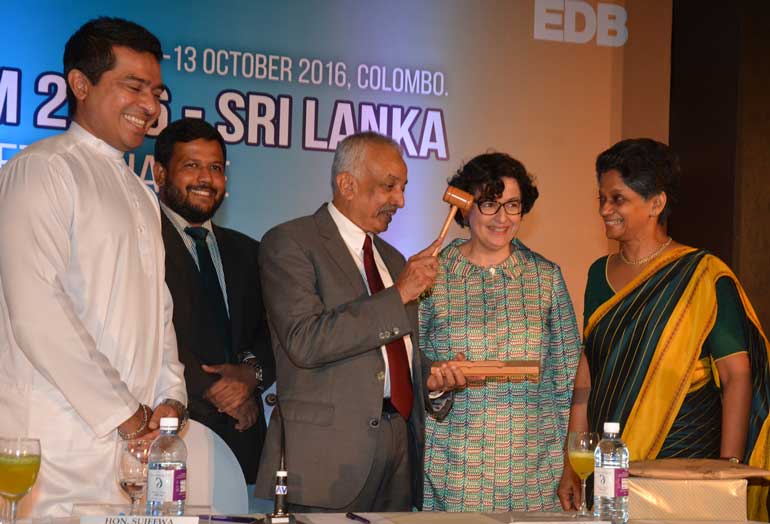
Countdown Begins
We are, therefore, putting in place the framework for faster export growth. This entails both measures to improve the overall investment climate as well as specific actions.
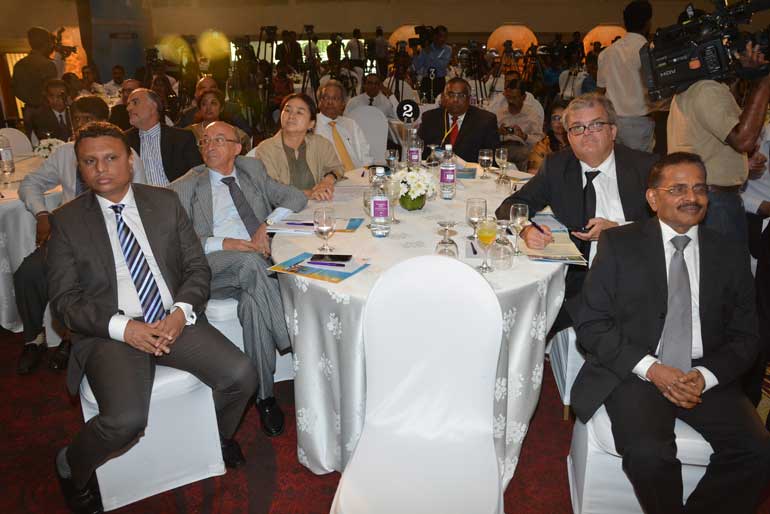
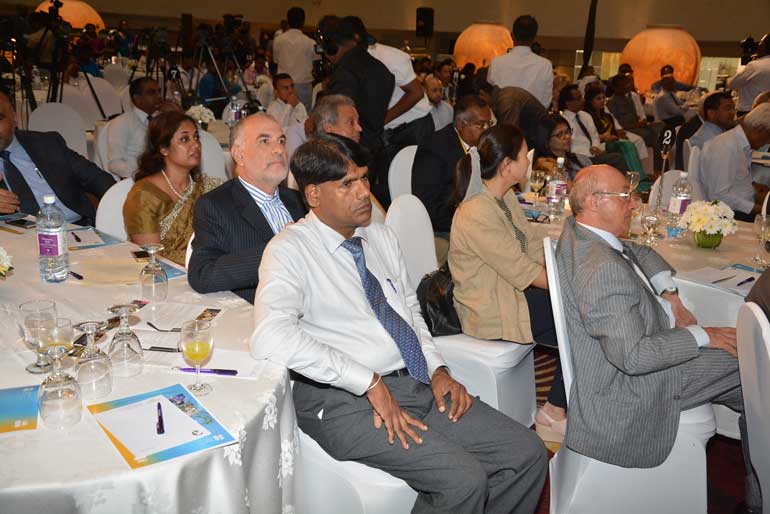
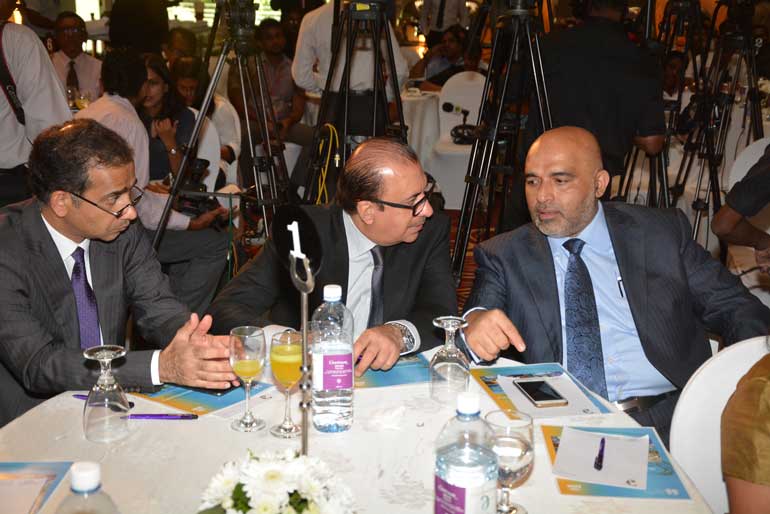
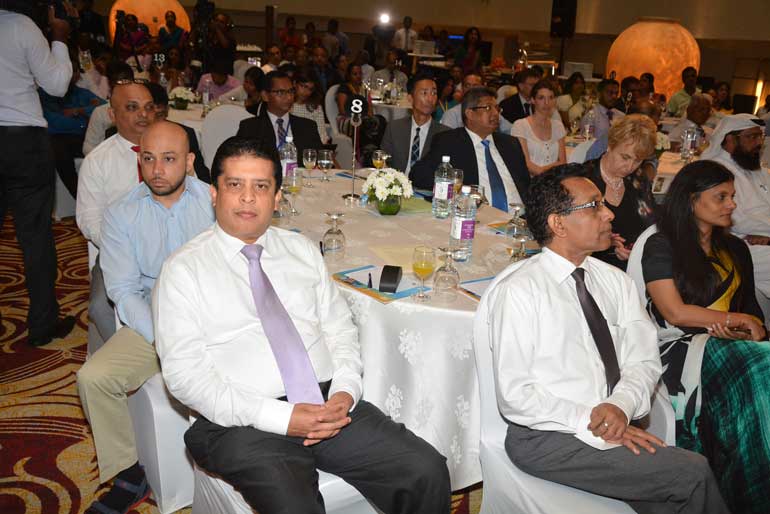
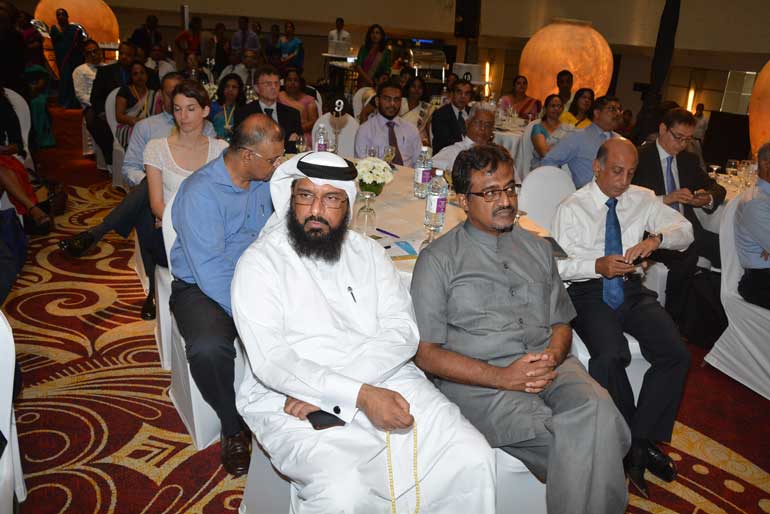
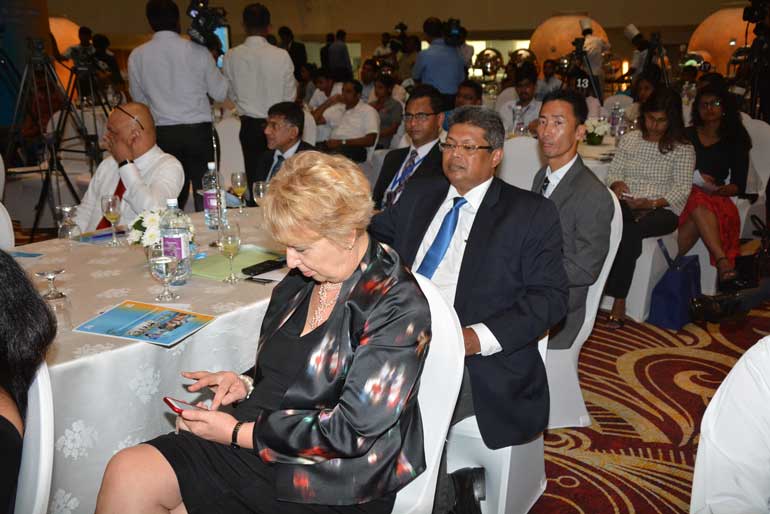
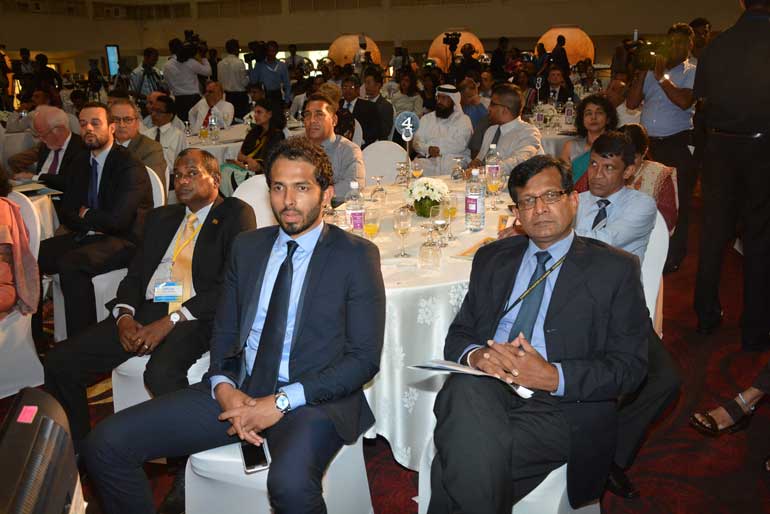
On improving the overall climate, we are pressing ahead with the following:
Prioritising fiscal consolidation which will bring about external stability and subdued inflation; while also creating the enabling conditions for greater predictability and consistency in policies, particularly in relation to taxes and tariffs as well as interest and exchange rates.
Improving investment policies, the ease of doing business, trade policy and trade facilitation.
Establishing a number of one-stop shops to speed up processes and procedures.
Reviewing laws and regulations, as well as tariffs and para tariffs, to reduce transaction costs and address the anti-export bias in the policy framework.
The specific measures we are pursuing to promote exports include the following:
Lifting of the EU fisheries ban.
GSP+ is very likely to be restored within 3-6 months.
The ETCA with India and the Agreement with China should be in place by this time next year.
Trade and investment with the US is being enhanced through a 5-year Action Plan under the Trade and Investment Framework Agreement.

We are also considering signing FTAs with Singapore and Turkey.
Sri Lanka’s preferential access to a market of over 3 billion people under all these arrangements will enable us to leverage the trade/investment nexus to boost our export performance as the means for transforming our economy.
Sri Lanka’s location also provides the opportunity for it to develop as a regional hub between Dubai and Singapore.
We have set ourselves a target of increasing exports of goods and services to $ 30 billion in 2020. An Export Strategy has been prepared by the Export Development Board to provide a road map. Areas with potential include high value added apparel; value added and blended tea; rubber gloves; rubber tyres; ICT/BPM; shipping and logistics and minerals including Silicon, Quartz and Graphite.
Sri Lanka has a number of advantages as an export platform. This includes its resilient economy; supportive government policies; educated workforce; strategic location and connectivity; preferential access to large markets; and fast developing infrastructure.
The headline message is that there are many opportunities that are being created through our reform-minded policies.
Let me finish by formally launching the World Export Development Forum 2016 and wishing all concerned the very best in their preparatory endeavours. The quality of the program and speakers is such that it will be a constructive learning experience for both businessmen and policy makers. The Forum will also provide considerable scope for productive B2B contacts as well as to showcase the fact that Sri Lanka is now open for business.
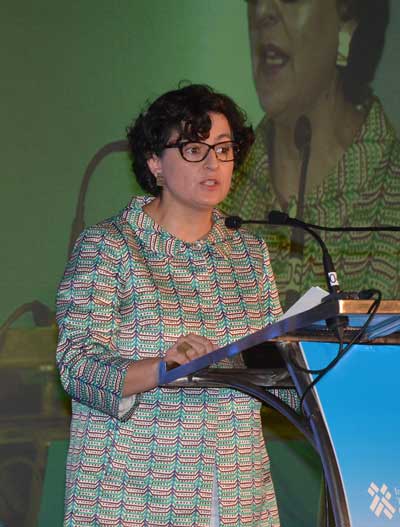 Geneva based International Trade Centre Executive Director Arancha Gonzalez last week declared that Sri Lanka was best placed to host the 16th session of the World Export Development Forum in October.
Geneva based International Trade Centre Executive Director Arancha Gonzalez last week declared that Sri Lanka was best placed to host the 16th session of the World Export Development Forum in October.
“With its central position in the Indian Ocean Sri Lanka was a centre for trade long before the Portuguese sailed into these waters. In recent years the Island’s role as a regional hub, has grown steadily. Sri Lanka is very strategically positioned between today’s growth poles in East and South Asia and tomorrow’s growth poles in Africa. I can think of no better place for ITC to hold its flagship event than Sri Lanka,” Gonzalez said.
“Convening the world’s trade and development community together with business reps here in Colombo this October will provide an opportunity to showcase Sri Lanka, the Wonder of Asia is ready to do business ,” she added during her address at the launch of WEDF 2016 last week.
The World Export Development Forum (WEDF) 2016 under the theme “Conference Theme – Trade for Success: Connect, Compete, Change” will be held in Colombo, Sri Lanka from 12-13 October 2016 at the BMICH.
The 2015 event was held in Doha, Qatar in October under the theme “Sustainable Trade: Innovate, invest, internationalise.”
Noting that ITC promotes international trade to drive inclusive growth, Gonzalez said the 2016 event will draw around 800 to 1,000 participants. “They will not only talk business but also do business, generate new ideas how exports can be enhanced to boost growth,” she added.
She said that the WEDF will help boost a host of sectors such as ICT, tourism, specialty foods including value added tea, spices and processed fruits; apparel, rubber and other manufactured goods.
It was pointed out that ITC has a long-lasting partnership with Sri Lanka. It has supported the development of the private-sector in areas such as export strategies, strengthening of trade and investment support institutions (TISIs), market analysis and research, south-south trade promotion and non-tariff barriers.
In the build-up to WEDF 2016, ITC will hold a series of training programs for Sri Lankan growers, producers and exporters on safety and quality standards as well as for young entrepreneurs through ITC’s SME Trade Academy platform.
During WEDF 2016 a series of ‘In Focus’ sessions will be held to explore how young entrepreneurs can take their ideas to markets, how to help connect women entrepreneurs to markets, improving managing logistics in the supply chain, and how to go digital.
Starting mid-2016, ITC will step up its work on trade policy, trade facilitation, and quality and value-chain development to increase the competitiveness of Sri Lankan SMEs, including targeted support to women business owners in Sri Lanka.
“We will continue to be a solid partner for Sri Lanka,” ITC Chief Gonzalez emphasised.